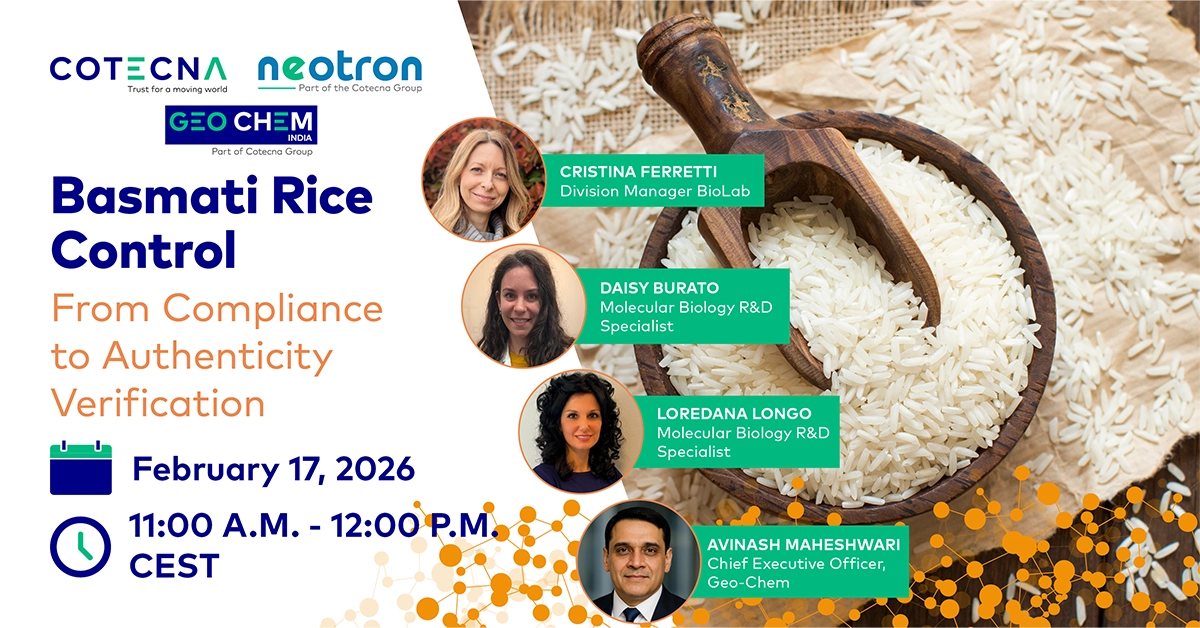Tags
Farm food safety — tackling the root.
Dr Waqar Ahmad | Khalid Saeed Wattoo.
In recent years, Pakistan has been grappling with twin challenges: ensuring an adequate food supply to meet the dietary needs of a rapidly growing population (food security) and safeguarding public health by mitigating hazards during food production, processing, and storage (food safety).
Pakistan is severely impacted by its ineffective food control system. One in five people has a foodborne illness — twice the global average. This, in turn, causes an estimated annual productivity loss of $1.7 billion, along with massive public and private healthcare expenses.
Additionally, food safety is a prerequisite for sustaining and increasing agricultural and food exports — another challenge Pakistan currently faces. Pakistan is a member of the World Trade Organisation and a signatory of several international, regional and bilateral trade agreements that require compliance with sanitary and phytosanitary measures to protect human, animal, and plant health. Unfortunately, in recent years, Pakistan has faced a significant number of export shipment rejections and export restrictions over food safety concerns.
Our obsolete and unregulated agricultural practices are one of the major sources of biological (bacteria, fungi, worms, insects), chemical (pesticide residues, heavy metals), and physical hazards (extraneous materials like stone, metal, plastic, glass), which contaminate crops during production, harvesting, and on-farm storage.
Issues stem from the indiscriminate use of pesticides — often involving unnecessary and unapproved agrochemicals applied in excessive quantities
The West Pakistan Pure Food Ordinance of 1960, along with provincial food authorities’ acts and their subordinate laws, inherently and by design do not regulate agricultural practices. The food authorities primarily regulate the downstream segments of the food chain, including manufacturing, trading, distribution, and retail. They focus on hygiene, cleanliness, adulteration, and the quality of food ingredients, additives, and colours used by food operators.
The world is rapidly changing, and countries are making their food safety regulations increasingly stringent. In such an evolving global scenario, Pakistan’s decades-old agricultural practices have become obsolete and need improvement to mitigate food safety hazards at the farm level. Without improving these practices, the country risks falling behind in global trade and compromising public health.
Worldwide, countries are increasingly adopting Global Good Agricultural Practices (GAP) — a comprehensive framework that prevents food safety hazards, promotes prudent pesticide use, and ensures sustainable agricultural practices.
Unfortunately, the majority of our farms lack the technical and financial capacity to fully implement Global GAP. However, many of its practices can be implemented with minimal financial implications. It is high time to outline a set of on-farm practices that the government should actively promote to enhance food safety of agricultural produce.
At farms, major food safety issues stem from the indiscriminate use of pesticides — often involving unnecessary and unapproved agrochemicals applied in excessive quantities. Farmers generally lack awareness of critical factors such as proper pest identification, economic threshold level of pest, optimal spray timing, spray machine pressure, nozzle selection, and droplet size.
Originally, conceptualised as a public service, agricultural extension’s supply-driven delivery model suffers from design, and implementation flaws, rendering it ineffective
To top it all, farmers are largely unaware of the pre-harvest interval of different pesticides, leading to non-compliance with maximum residue limits — the permissible pesticide thresholds set by export destinations.
In the past, the government made a half-hearted attempt to promote integrated pest management (IPM) — a holistic approach that integrates biological, physical, cultural, and chemical methods for pest control.
While many countries have successfully implemented it, its adoption in Pakistan remained ineffective due to a lack of comprehensive strategy and adequate budget. As a result, even willing farmers struggled with a limited supply of essential IPM inputs, such as insect pheromones, mechanical traps, natural predators etc.
Our ineffective government extension services (advisory services) are a key factor behind the excessive use of pesticides. Historically, agricultural extension was conceptualised as a public service, but its supply-driven delivery model suffered from conceptual, design, and implementation flaws. Therefore, its effectiveness and outreach have remained limited.
This vacuum has been filled by pesticide companies, which maintain an extensive network of field teams. Their well-qualified technical experts engage with farmers far more frequently than government extension agents, who remain busy with irrelevant government assignments. The companies aggressively promote their products to increase sales.
Additionally, pesticide dealers — often selling on credit with hefty margins — further drive the excessive use of agrochemicals, including non-approved ones. As a result, farmers rely solely on pesticide application, ignoring alternative methods for pest and disease control.
Given the current scenario, it is imperative to develop a robust food control system for agricultural farms — using the combination of regulatory and non-regulatory approaches — that can ensure the production of safe foods aligned with international standards. However, actual effectiveness hinges on first enhancing farmers’ capacity and awareness, followed by equipping them with the necessary tools and resources.
In conclusion, Pakistan’s fiscal space is highly constrained, requiring the government to strike a balance between large-scale infrastructure projects — often easier to implement through national and international tenders — and initiatives that improve public health, environmental sustainability, and exports, all of which have a direct and lasting impact on people’s lives.
Dr Waqar Ahmad is a former associate professor at the University of Agriculture, Faisalabad, and Khalid Wattoo is a farmer and a development professional.
https://www.dawn.com/news/1893908Published Date: February 24, 2025







